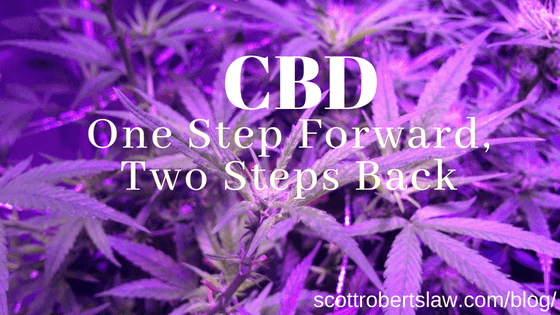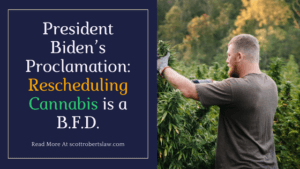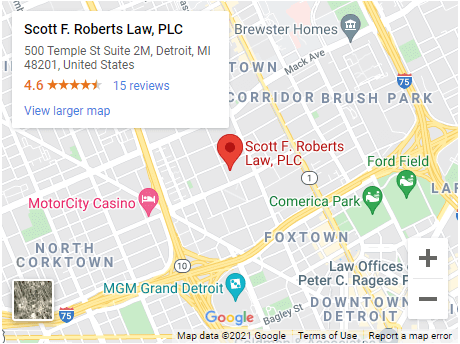Due to legal and regulatory changes in the industry, including the 2018 Farm Bill and recent changes in the implementation of Michigan’s 2014 Industrial Hemp Research Act, the information contained in this Article may no longer be accurate. Please contact an attorney before relying on any information contained in this Article. For more information on cultivating hemp, or the Hemp Pilot Program in Michigan, check out our recent article.
Hemp products and cannabidiol (“CBD”) have taken a major hit in the last few weeks with both federal and state decisions declaring that CBD is considered a controlled substance.
On April 30, 2018, the 9th Circuit Court sided with the Drug Enforcement Administration and affirmed the decision that cannabidiol (CBD) is a Schedule 1 controlled substance under the Controlled Substances Act – a major setback for the American hemp industry.
In response to this new federal decision, the State of Michigan Department of Licensing and Regulatory Affairs (LARA) and Bureau of Medical Marijuana Regulation (BMMR) released an Advisory Bulletin on May 10, 2018, clarifying how CBD and industrial hemp are regulated in the state of Michigan.
Based on the statutory definitions related to “marihuana” found in the Michigan Public Health Code, the Michigan Medical Marihuana Act, and the Medical Marihuana Facilities Licensing Act, any extracts of marihuana or extracts of the marihuana plant will continue to be treated as marihuana. That means that the possession, purchase, or sale of marihuana or any marihuana product – including CBD – must be done in compliance with the MMMA and MMFLA.

Marihuana does not include industrial hemp grown or cultivated (or both) for research purposes under the industrial hemp research act. The Industrial Hemp Research Act limits industrial hemp to cultivation or research and does not authorize its sale or transfer. Accordingly, any possession or transfer of industrial hemp – or any product claimed to be “hemp”-related – must be done in compliance with Michigan’s Industrial Hemp Research Act.
This broad regulation has raised many questions as to the scope of enforcement – should smoke shops dispose of their CBD products? Will this include hemp seeds in grocery stores, or hemp protein powder in health food stores?
As Michigan prepares to vote on the legalization of recreational marijuana in November 2018 with the Regulate Marijuana Like Alcohol (RMLA) initiative, we expect CBD and hemp to become legalized as soon as 2019 under state law. However, until medical marijuana business attorneys have a clearer understanding of this new decision, we generally recommend pulling all CBD and hemp products from your shelves unless the sales are in compliance with the MMFLA or MMMA.
If you are considering commercial hemp production or CBD extraction in Michigan and are in need of a Hemp Lawyer or CBD attorney or CBD lawyer, you should consult with an experienced marijuana business attorney familiar with issues surrounding the Controlled Substances Act, MMFLA and MMMA. The boutique business firm of Scott F. Roberts Law provides free, in-office consultations to Michigan Hemp, CBD and Marijuana businesses.




